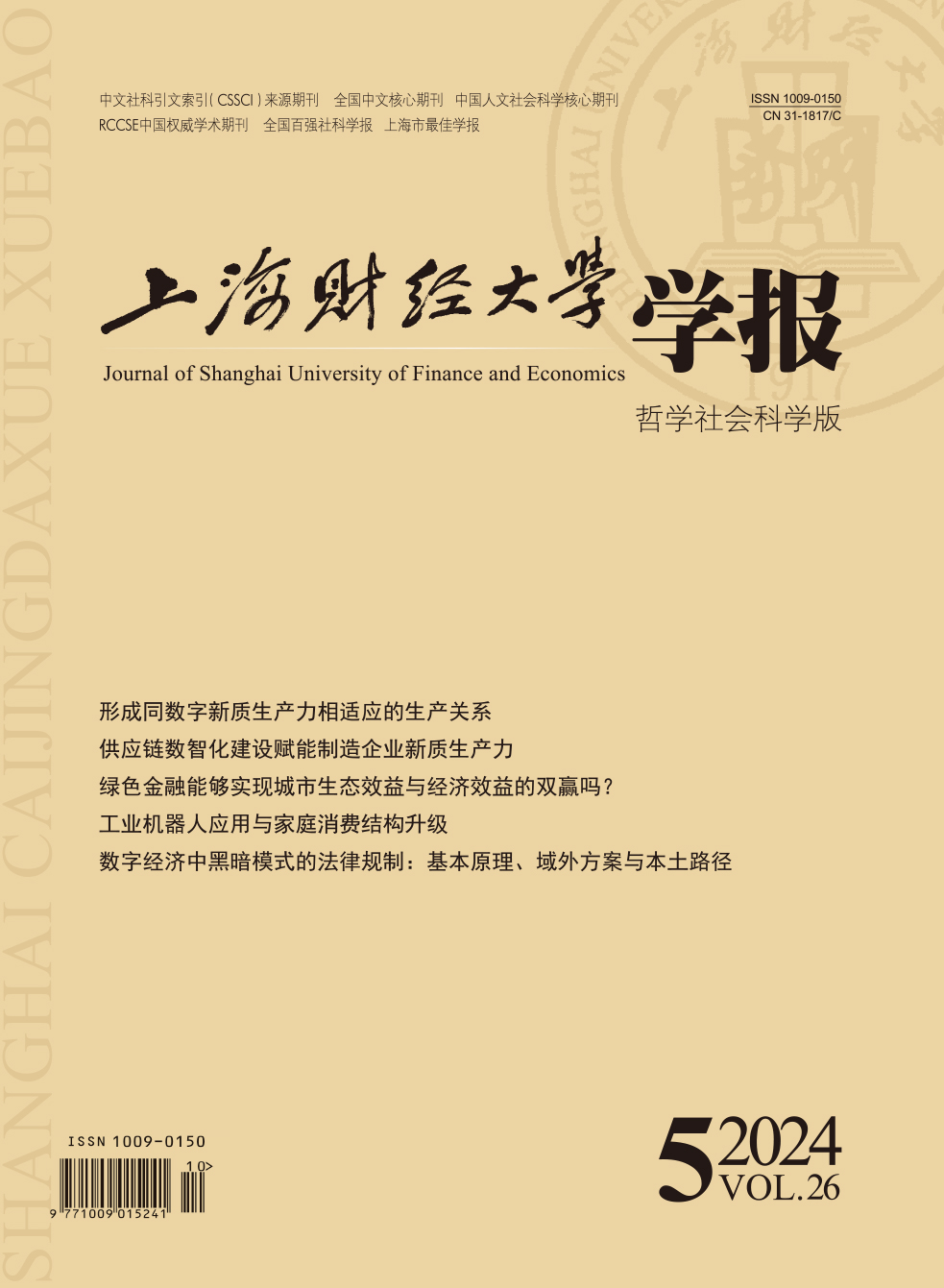With the increasing trend of corporate group operations in modern companies, the issue of “control” is shifting from traditional internal governance to external governance. In cases of equity acquisitions, mergers, and other situations that may involve changes in control, the behavior of operators may be simultaneously regulated by both the Company Law and the Anti-Monopoly Law. This trend has blurred the once clear boundaries between the two sets of laws. The concept of control under the current frameworks of company law and anti-monopoly law shows both overlaps and differences. The overlap is reflected in the fact that the later-developed Anti-Monopoly Law draws on the definitions and standards of the Company Law. However, in practice, there are significant differences between the two laws in terms of the methods and certainty of determining control. The foundational nature of Company Law and the uncertainty in the application of Anti-Monopoly Law mean that companies typically follow the control determination standards of Company Law. However, the differing legislative purposes of the two laws have led to unforeseen anti-monopoly risks when relying solely on one legal framework. To address the risks of legal violations caused by the expanding functionality of corporate control, anti-monopoly law and company securities law should develop towards a converging institutional momentum. From a legislative perspective, it is important to eliminate the path dependency in determining control that results from the separation of different branches of law. A structured governance approach should be adopted to address the impact of corporate group trends on the divided legal framework. At the regulatory level, the differences in control determination methods can be bridged by unifying the recognition elements and understanding of “decisive influence”. Additionally, the Anti-Monopoly Law should adopt presumed rules and safe harbor rules based on corporate control standards to enhance legal certainty in control determination. On the enforcement side, a coordinated mechanism should be established to ensure synchronization, injecting legal vitality into corporate operations.
 / Journals / Journal of Shanghai University of Finance and Economics
/ Journals / Journal of Shanghai University of Finance and EconomicsJournal of Shanghai University of Finance and Economics
LiuYuanchun, Editor-in-Chief
ZhengChunrong, Vice Executive Editor-in-Chief
GuoChanglin YanJinqiang WangWenbin WuWenfang, Vice Editor-in-Chief
Conflicts and Reconciliation in the Determination of “Control” from the Perspectives of Anti-Monopoly Law and Company Law
Journal of Shanghai University of Finance and Economics Vol. 26, Issue 05, pp. 139 - 152 (2024) DOI:10.16538/j.cnki.jsufe.2024.05.010
Summary
References
Summary
Cite this article
Wu Peicheng, Tong Yujie. Conflicts and Reconciliation in the Determination of “Control” from the Perspectives of Anti-Monopoly Law and Company Law[J]. Journal of Shanghai University of Finance and Economics, 2024, 26(5): 139-152.
Export Citations as:
For
ISSUE COVER
RELATED ARTICLES




 3775
3775  6907
6907

